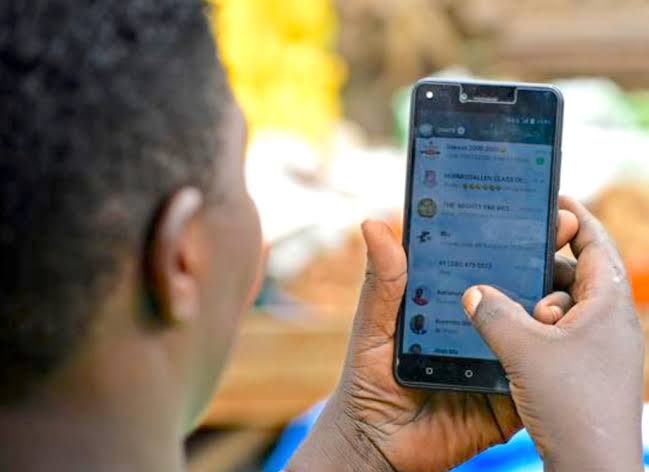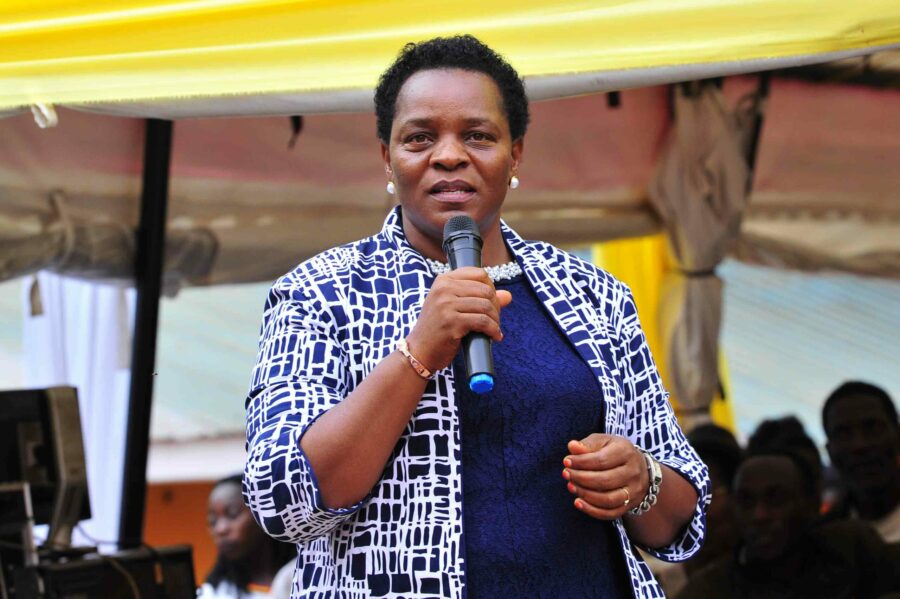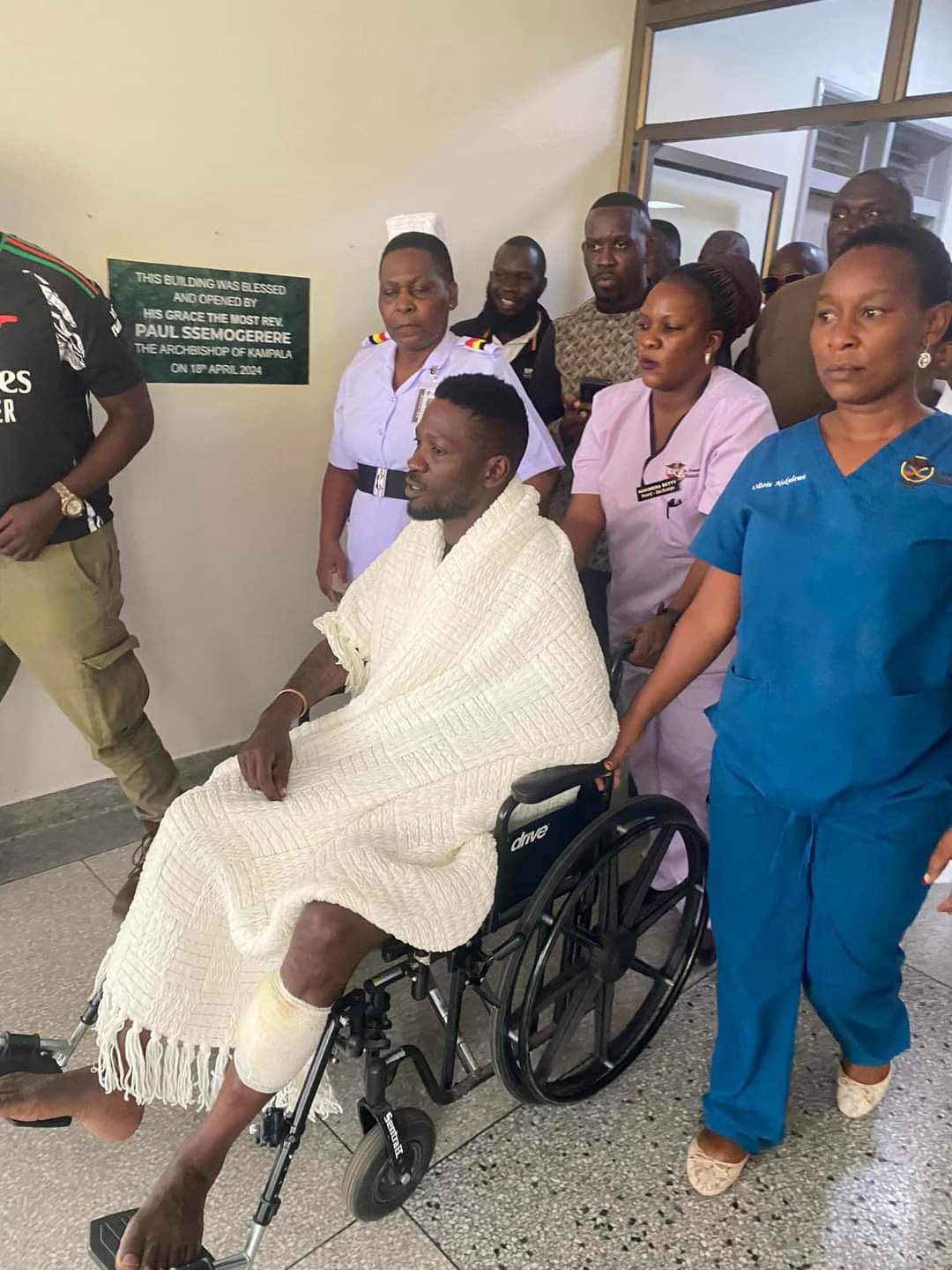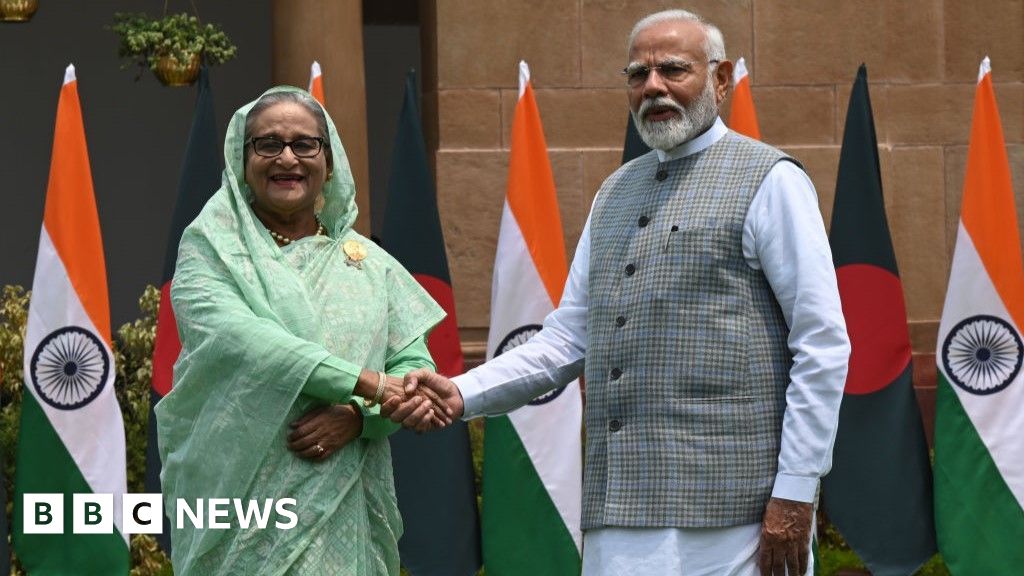Eutaw seeks $30 million, recounts intrigue that led to Katosi scandal
A decade on since the Mukono-Katosi road construction scandal rocked the nation, officials of Eutaw Construction Corporation have finally come out to chronicle the fraud, intrigue and sabotage that led to the collapse of their multibillion-shilling contract. In a 17-page petition addressed to President Museveni on July 25, Richard Pratt, the principal and director of […] The post Eutaw seeks $30 million, recounts intrigue that led to Katosi scandal appeared first on Watchdog Uganda.

A decade on since the Mukono-Katosi road construction scandal rocked the nation, officials of Eutaw Construction Corporation have finally come out to chronicle the fraud, intrigue and sabotage that led to the collapse of their multibillion-shilling contract.
In a 17-page petition addressed to President Museveni on July 25, Richard Pratt, the principal and director of Eutaw, seeks the president’s assistance to recover more than $30 million Eutaw lost in the cancelled contract, writes GEOFREY SERUGO
BACKGROUND
In November, 2013, the Uganda National Roads Authority (Unra) handed Eutaw the $74 million contract to build the 74km Mukono-Katosi road. Before the project’s abrupt cancellation in September, 2014, Pratt claims it was progressing ahead of schedule.
Irene Mulyagonja, the then Inspector General of Government (IGG), ordered the cancellation on the advice of Keith Muhakanizi, the then permanent secretary of the Finance ministry. Pratt claims Mulyagonja acted outside her authority by ordering the cancellation of the contract.
In the aftermath of Eutaw’s contract cancellation, a lengthy court battle ensued against Unra and the Attorney General. It is currently at the Court of Appeal. Even then, the Eutaw team remains uncomfortable.
They are not happy that Mulyagonja, who investigated the case, was appointed to head the panel to hear their appeal before they raised the issue of conflict of interest. Whereas she recused herself from the case, the circumstances surrounding the case gives them cause for concern.
“Pivotal to our dispute is the fact that Mulyagonja is currently a justice on the Court of Appeal. She is the same person we can prove personally benefitted from the cancelling of our contract, and is now a sitting justice with the means, the motive, and the access to the court filings to ensure our constitutional claims are never ruled on.”
He, therefore, seeks the president’s intervention.
“Our wish is to be provided our day in the Constitutional court, free from the clearly established conflicts of interest, self-dealing and document fabrication that has thwarted our rights to a fair trial, and a ruling on our previously and legally submitted constitutional petition. In the alternative, Eutaw is willing to settle its claim for $30 million.
“We can easily validate well in excess of this claim when considering unpaid legally earned certificates for work completed, confiscated legally acquired equipment, lost revenues, interest and damages,” says Pratt.
Efforts to reach out to Mulyagonja were futile, as she did not pick up our repeated calls.
CHRONOLOGY
In 2009, the Uganda National Roads Authority (Unra) announced bids for works on the Katosi-Mukono-Kyetume road. According to Pratt, Prof Perezi Kamunanwire, the then Ugandan ambassador to the USA, reached out to Eutaw through George Ndahendekire, the first secretary/commercial attaché at the Ugandan embassy in Washington, who happened to be friends with businessman Apolo Senkeeto. It was through Ndahendekire’s friendship that Senkeeto became associated with Eutaw.
Eutaw emerged as the best bidder for the Mukono-Katosi road, and among the people with whom the group interacted were representatives from Unra, mainly Marvin Baryaruha, the then head of legal, and Dan Mugura, the head of procurement. Baryaruha advised the group to incorporate a local company in Uganda.
However, on November 14, 2013, the day before signing, Pratt claims called and told them they were not going to sign unless Eutaw would commit to him.
“We ignored his calls. An hour before signing, he held us hostage again, so we went to the office of the minister of works, Abraham Byandala. He decided to come with us to sign at the Unra office,” he recalls.
Martin Olwa, the project engineer, approved an advance payment of Shs 24bn to Eutaw for mobilization on December 30, 2013, and received the initial payment on January 28, 2014. Within 30 days, construction work began. Eutaw, Unra, and its hired consultants for the project, Arab Consulting Engineers, continued monthly meetings to detail the work progression.
All monthly reports were primarily positive, and Eutaw’s pace toward completion was ahead of expectations, as evidenced in the report authored by Unra’s lead project engineer for the months of April to December, 2014. In fact, the July-September project brief from Unra stated that 16.5% of the contracted physical works were complete, valued more than Shs 24bn.
HELL BREAKS LOOSE
However, it emerged in July 2014 that there were problems with Eutaw’s bonds. Previously, Eutaw had Housing Financing Bank bonds, including both performance bonds and advance payment bonds. Eutaw, through insurance broker Maimunah Kabasemeza, sought to re-bond after opening talks with Chongqing International Construction Corporation (CICO) for subcontracting.
They acquired insurance bonds from Statewide Insurance Company Ltd. (SWICO) for a payment of Shs 75 million, but Unra verified the bonds and found them to be fake. After investigations, the Police Criminal Investigations Department issued a report and found that Senkeeto had nothing to do with the forgery as he was a victim of fraud by Kabasemeza, whom Senkeeto came to know through Baryaruha.
“We are uncertain if the forgery was orchestrated due to her affiliation with Baryaruha, but this marked a significant turning point for our company.” Many players showed up and tried to extort money from us with the promise of helping the problem to go away,” says Pratt.
Police launched investigations into the same forged securities from Kabasemeza in August 2014, and they summoned Senkeeto to provide a statement. On August 6, 2014, Mulyagonja wrote to SWICO about the alleged mismanagement, procurement and award of the contract for Mukono-Katosi construction.
Later, Kabasemeza would become a prosecution witness against Senkeeto at the Anti-Corruption court. Senkeeto attended the Special Investigations Unit (SIU) in Kireka, where they detained his passport as a condition for granting a police bond. Subsequently, they impounded and detained his motor vehicle at the same location. Allen Kagina, the future executive director of Unra, and IGG Irene Mulyagonja personally registered caveats/liens on his property.
On September 16, 2014, Senkeeto was arrested and detained on allegations of forgery and uttering false documents, but no charges were preferred because there was no complainant in the said police case or investigation.
IGG STEPS IN
On October 20, 2014, Mulyagonja halted the construction on grounds that Eutaw did not possess valid securities in favour of the government. Pratt insists that in September 2014, a group of NRM lawyers approached SBI/ Reynolds with a proposal for an exchange and cut ties with Amama Mbabazi (the former prime minister); the reward would be the Mukono-Katosi Road contract.
Thereafter, the Unra board chairperson Angela Kanyima Kiryabwire wrote to the IGG to begin preparations to replace Eutaw.
“From the moment the IGG terminated the contract on July 17, 2014, Unra withheld information from us. When we became suspicious of our certificate not being paid,Unra’s response was to continue working; they were having some internal issues. We used our reserves to continue working.”
On November 24, 2014, Unra formally cancelled the contract and on January 12, 2015, Unra signed a new contract with SBI/ Reynolds for Shs 254bn. Ironically, the new contract had an ₹84bn surplus in spite of the fact Eutaw had already done 16.5% of the work. Pratt, in fact, argues that the actual contract price between Unra and SBI/ Reynolds was Shs 350bn.
“Our sources told us profits from the transaction were shared in Dubai, UAE, among several high-level government officials and private individuals,” he says.
A well-placed source says there are many other actors implicated in the dossier and they are being investigated by the USA Treasury department’s Office of Foreign Assets Control (OFAC) for possible crimes committed.
NEW TWIST
The IGG rearrested Senkeeto, Byandala, and five others on July 27, 2015. Senkeeto’s main charge was that he stole Shs 24 billion from the government, the advance payment guarantee (loan) monies from Unra to Eutaw. Pratt adds that on March 15, 2017, in the middle of the trial, Justice Gidudu presided over the swearing-in of the new Unra board.
At the event, he called Eutaw “quacks.” “This showed he was already biassed by going on record to officiate the new Unra board while handling what is supposed to be a fair court hearing for Mukono-Katosi.
Senkeeto reported Justice Gidudu to the then principal judge and received a response to ask him to recuse himself. On August 29, 2018, Justice Gidudu convicted Senkeeto and sentenced him to 10 years in prison. Senkeeto claims that while he was still in the court cells, judicial officials approached his father, Rev. Senkeeto, and promised him an acquittal if he brought Shs 56 million. But he refused. On April 7, 2019, Senkeeto received a cash bail of Shs 10 million from the Court of Appeal.
STRANGE COURT PROCEEDINGS
On February 22, 2021, Eutaw filed its commercial appeal against Unra at the Court of Appeal. Pratt notes that they were surprised to see the petition dismissed on May 6, 2021, on grounds that the Eutaw had withdrawn it with Unra’s consent. On June 22, 2022, Eutaw wrote to the registrar, Court of Appeal, asking for the record of proceedings as well as certified copies of the documents.
He claims they were shocked to find several important documents missing from the court file. On November 16, 2022, he says Eutaw officials sought help from Natalie Brown, then USA ambassador to Uganda.
“She filed our complaint with the State Department in Washington, DC. Linda Thomas-Greenfield, the US ambassador to the UN, reportedly discussed our issue with you, Sir [President Museveni], during her visit to Uganda in 2022. In yet another twist, the Constitutional Court reinstated the case in June, 2024.
PRAYERS
Pratt and Eutaw want the president to bring up Unra’s internal report from September 2014, which revealed the contractor had completed 16.5% of the total work required, or Shs 27 billion.
Therefore, he requests that the government pay Eutaw Shs 27 billion for its works, Shs 100 billion for its equipment and personal damages.
Source: Observer
The post Eutaw seeks $30 million, recounts intrigue that led to Katosi scandal appeared first on Watchdog Uganda.















